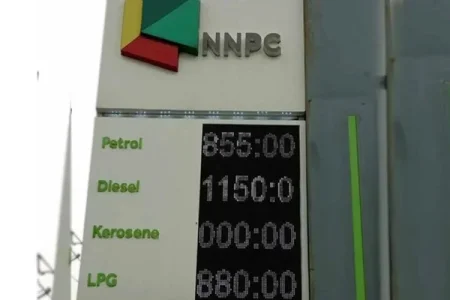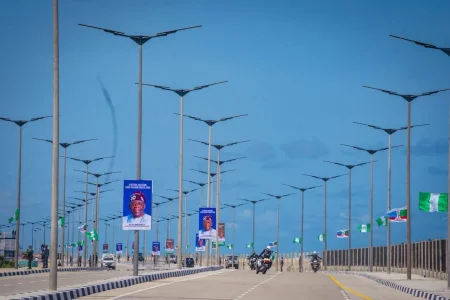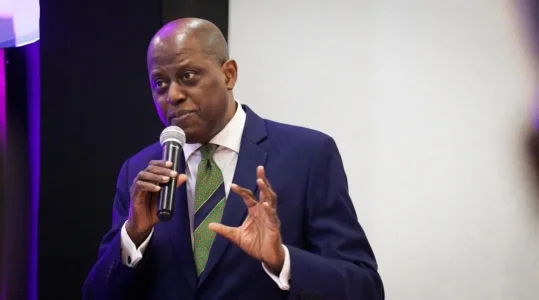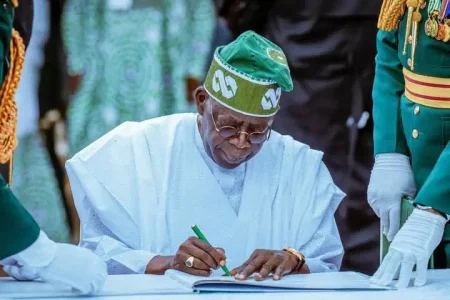
The recent hike in petrol prices in Nigeria has led to over a 50% increase in transport fares nationwide. Commuters are struggling to afford transportation, prompting protests from students and unions demanding a reversal of the price hike. The economic impact is expected to exacerbate inflation and hardship for citizens.
The recent surge in petrol prices in Nigeria has sent shockwaves through the transportation sector, resulting in fare increases of over 50% in major cities across the country. The latest adjustments, initiated by the Nigerian National Petroleum Company Limited (NNPCL), have seen petrol prices rise from N568 to between N855 and N897 per litre, depending on the location. Independent marketers have further inflated prices, charging between N930 and N1,200 per litre.
This price hike has had a ripple effect on the daily lives of Nigerians, forcing many to seek alternative means of transportation. Commuters in the Federal Capital Territory, Lagos, and other states expressed frustration over the rising costs, which have made it increasingly difficult to afford basic travel. For example, Adeolu Segun, a civil servant residing in Zuba, reported that his fare to Berger increased from N1,000 to N1,500, while Mrs. Zainab Ibrahim, a mother of six, saw her fare double from N500 to N1,000.
The increase has prompted many to resort to long-distance trekking. In Kano, residents like Yakubu Isa are now walking distances to save on transport costs, as fares for short routes have jumped from N200 to N400. Similarly, in Port Harcourt, residents are choosing to trek to their destinations rather than pay inflated fares.
The Manufacturers Association of Nigeria (MAN) has warned that this hike in fuel prices could exacerbate inflation, which will have a far-reaching impact on households and small businesses. As transportation costs rise, the prices of goods and services are likely to follow suit, putting further strain on the average consumer's budget.
In response to the price hike, various groups have voiced their dissatisfaction. The National Association of Nigerian Students (NANS) announced plans for protests, intending to shut down major cities starting September 15, unless the government reverses the fuel price increase. Meanwhile, the pan-Yoruba socio-political organization Afenifere and the opposition Peoples Democratic Party (PDP) have called on the government to reconsider the hike, citing its detrimental effects on the already struggling populace.
Tricycle riders in Delta State also staged protests, halting business activities and creating traffic disruptions in their demand for a reversal of the petrol price increase. The Trade Union Congress (TUC) joined the chorus of disapproval, emphasizing that the sudden price hikes without stakeholder consultation show a blatant disregard for the welfare of ordinary Nigerians.
The government, however, defended the increase, stating that it was necessary for the sustainability of fuel supply in the country. In a statement, the Senior Special Assistant to the President clarified that there were no negotiations regarding petrol prices tied to the recent increase in the minimum wage, dismissing claims that such arrangements had been made.
As Nigerians grapple with these changes, the repercussions of the petrol price hike continue to unfold, underscoring the fragile economic landscape in which many citizens find themselves.




